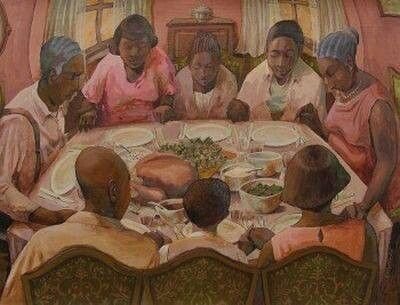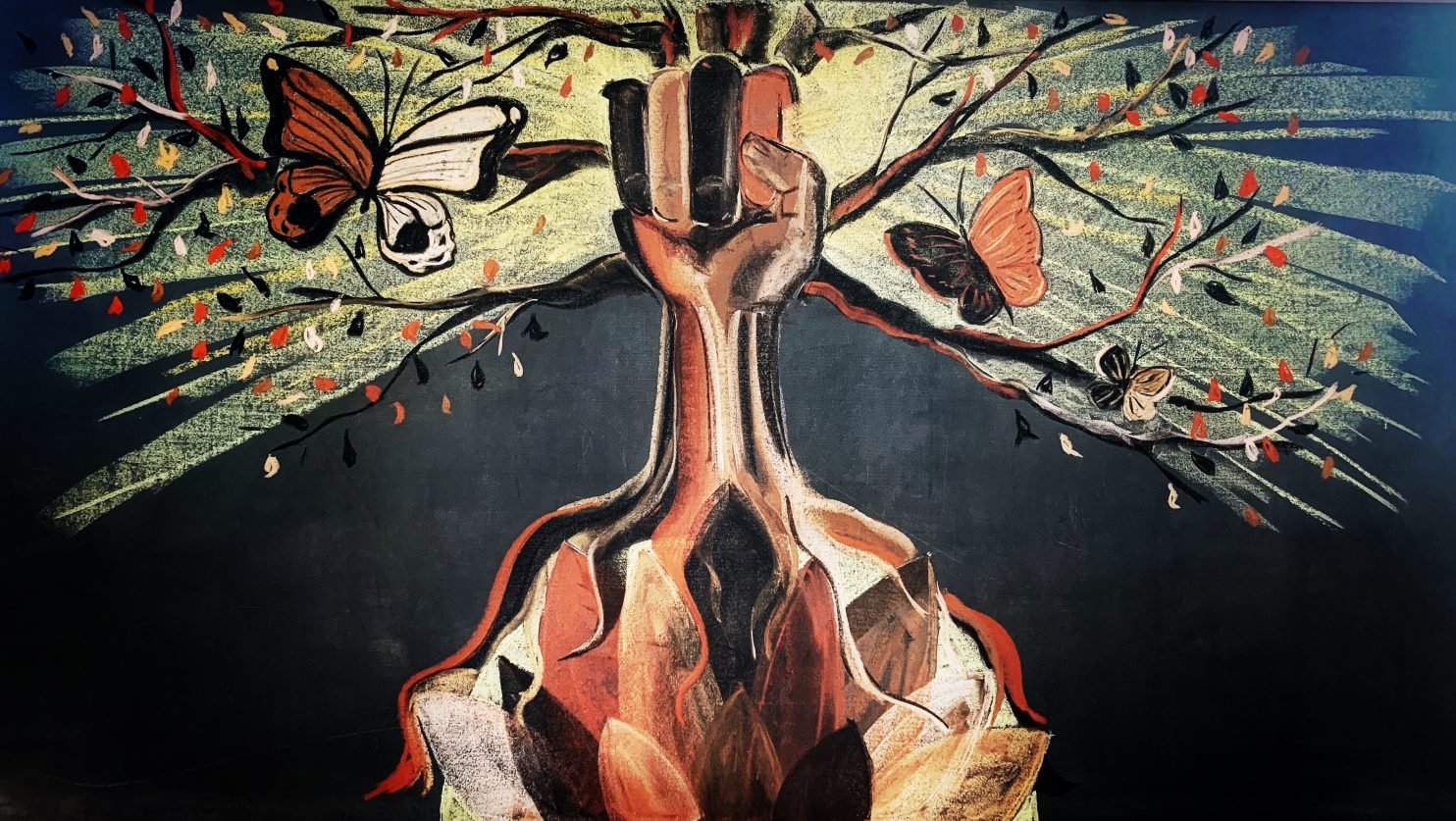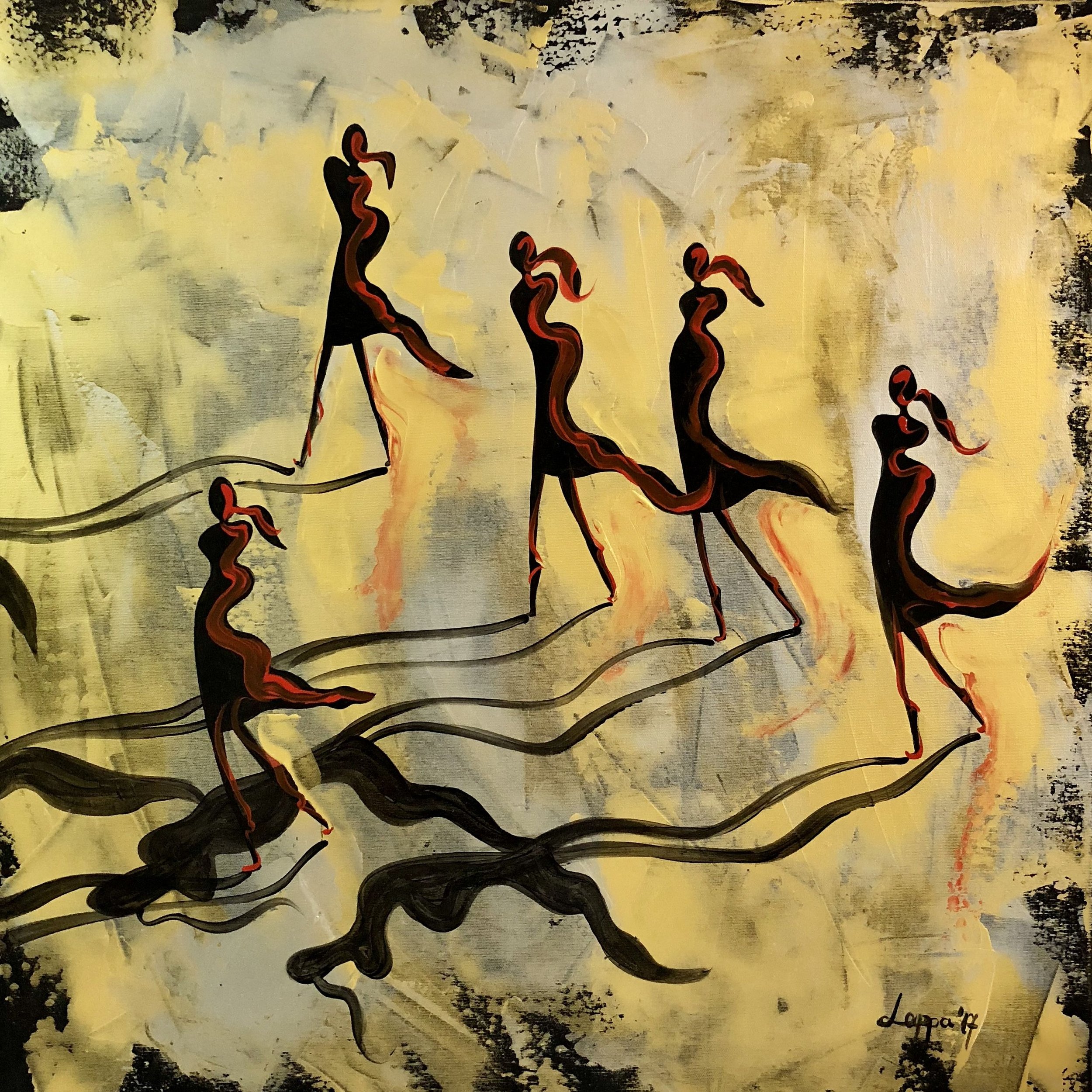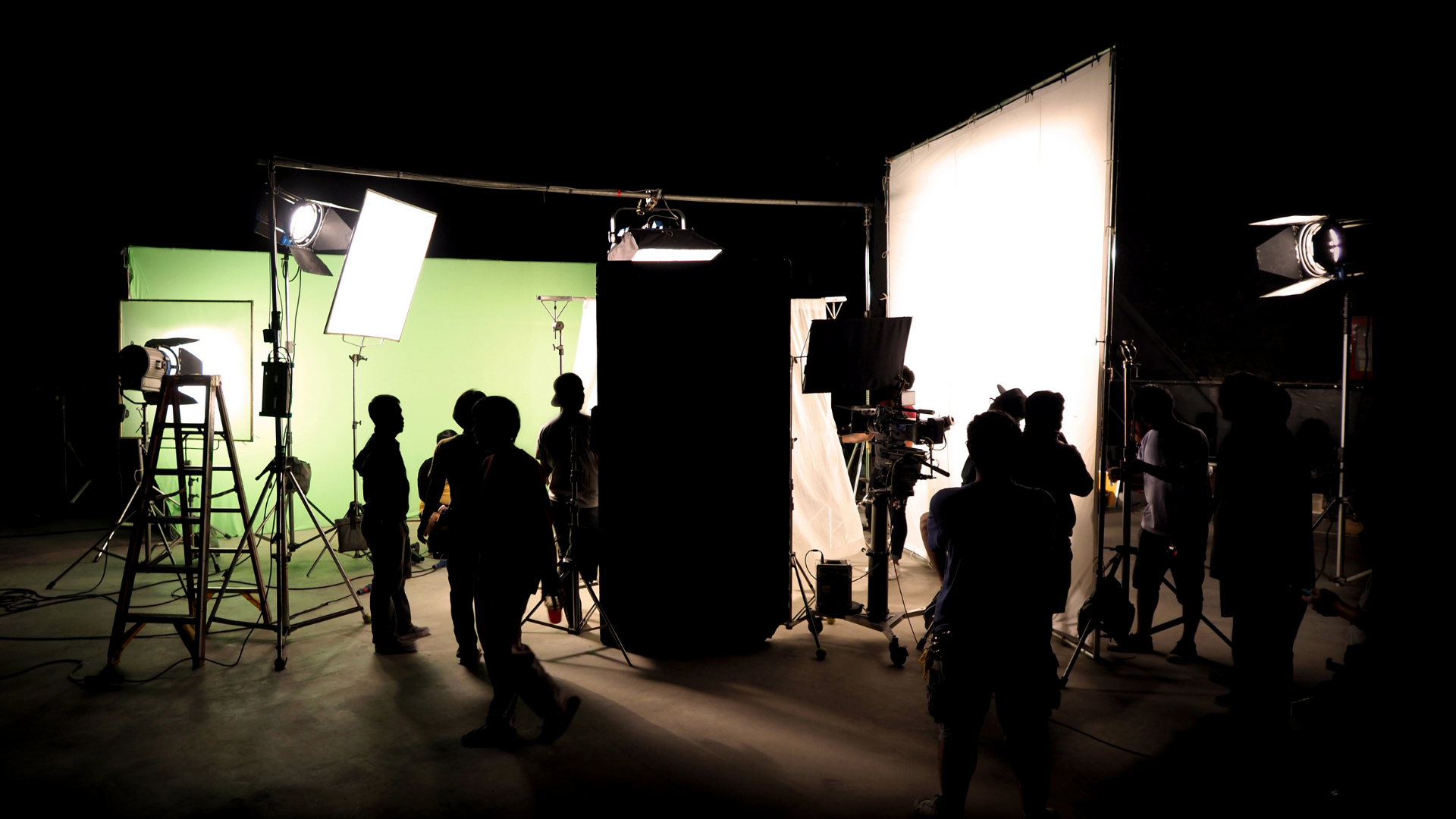Ideos Journal
AN IDEOS INSTITUTE PUBLICATION
The Ideos Journal is a collection of articles, editorials, and commentary that explores topics related to Empathic Intelligence and its application to social, civic, and public life. Journal content and subject matter focus on topics such as spiritual formation, empathic intelligence, reconciliation, social cohesion, and human flourishing
Interested in submitting an article, op-ed, or commentary to the Ideos Journal? Click the button below to upload an abstract for consideration. You can also email us at submissions@ideosinstitute.org.
Looking for something specific?
Search for more content using the search bar.
Jesus, JEDI, and the power of a Sunday Dinner.
In our first President’s Perspective of 2023, Ideos President, Christy Vines, gets personal and shares how Sunday dinners with her family shaped and molded her into the self-titled “empathy expert” she is today. Here is an excerpt: “I guess what I am trying to say is I know what it is like to feel self-righteous in these debates. To feel like it is my job to convince the rest of the world that what I believe to be true actually is. Not only that, but that people who do not see things as I do are somehow deeply flawed or in need of redemption. I even know what it feels like to damage and even lose relationships with people I care about. All because I was conditioned to believe that in the midst of battles over cultural norms and identity politics, my God-given role is to lead my side into victory. And in the pursuit of that victory, I have lost far more than I have gained.”
Empathic Intelligence: What is and why it matters to our current state of division and polarization
Most of us understand empathy to be something akin to a warm blanket; the idea that to be truly empathic we must be able to place ourselves in someone else’s shoes. It is important to note, however, that any exploration of empathy and its application in culture and society is insufficient if understood as an ability to know what another is thinking or feeling based solely on how we think or feel ourselves.
The Empathy Economy and the Cost of Centering Others
. . . there is also an economic price that we pay when empathy is largely absent a society or people group. That price means the suffering of some continues unabated. It means that some go uneducated or unhoused. It means we normalize large percentages of human beings behind bars irrespective of their crime or why they committed it. It also means that we continue to live as a divided nation where we intentionally look to build community with people who are just like us. More importantly, it means that we stop “seeing” others as worthy of our sacrifice or blessing. And not only are we paying that price here at home, places like Ukraine are paying an even dearer one as a result of a world order largely driven by a “me or us first” mentality.
In Pursuit of Heaven: Ludovik Lazarus Zamenhof and the Story of the Ideos Name
. . . “the language called Esperanto was born of such considerations, and one more—the so-called Jewish question.” Esperanto’s creator, Ludovik Lazarus Zamenhof (1859-1917). . . was a Jew. One day he wrote to a friend, “My Jewishness has been the main reason why, from earliest childhood, I gave myself completely to one crucial idea . . . the dream of the unity of humankind.”
Empathic Wisdom Series, Week 4: A Modest Recommendation for Radical Transformation
The evangelical church in America, especially over the past 75 years, has intentionally been built on homogenous growth principles. Popularized by the first wave of megachurch pastors and church growth experts, these principles encouraged churches to move out of urban centers into the suburbs, and to create cultures that were attractive to the growing middle class. Whatever the motives, the dominant form of evangelical church became large, majority white, and wealthy. There have been a host of unintended theological and missional consequences to this new reality. Some of these changes show up significantly and clearly when it comes to ethical questions around social issues that affect non-white populations in higher percentages.
Empathic Wisdom Series, Week 3: When Exactly Were the Good Ole Days?
The church’s life is to be one marked by sympathy and compassion, but more powerfully it is to be marked by an intentional and empathic understanding of the suffering and pain of others, and then living in active response to this knowledge. This is a calling to embrace, understand, and seek the blessing of all people. There are no barriers to this calling, just as the work of Christ had no barriers. Christ died for the sin of all, that all would be drawn to his kingdom. So too does the church engage in this work by being led along a path of familial love that unifies us in our embrace of others.
Empathic Wisdom Series, Week 2: The Good News of Inclusion
As an unworthy recipient of tremendous grace and mercy, I have sought to repay this gift by living a life of grace. There is no other response that has ever made sense to me. Humility overwhelms me when I consider the precious gift of grace that has marked my life. Thus, grace is my understood vocation, the purpose I carry with me in the world. Extending grace to others, especially working with those who have received anything but grace in their lives, is perhaps the greatest joy I have discovered. There is something I have observed about grace, however, as I have extended it to others. People who receive it are often ironically very slow to extend it.
Empathic Wisdom Series, Week 1: Jesus and The Way of Empathy
Let us not falsely assume that the times we find ourselves in is a first. We know that our nation has moved in and out of tragic periods throughout its history. You only have to pick up one of the latest bestsellers to learn about how whole generations of Americans were able to move the country from the brink of destruction before. We can do it again. Our future relies only on the will of the people who will create it, as well as those who will inhabit it.
In A Time Of Deep Division, A Message Inspired By The Lord Of The Rings
Let us not falsely assume that the times we find ourselves in is a first. We know that our nation has moved in and out of tragic periods throughout its history. You only have to pick up one of the latest bestsellers to learn about how whole generations of Americans were able to move the country from the brink of destruction before. We can do it again. Our future relies only on the will of the people who will create it, as well as those who will inhabit it.
Why We’re Behind The National Day Of Dialogue
Though we may not admit it, America bears little difference from Iraq, South Africa, or Northern Ireland when it comes to our vulnerability to civil disagreement. The different sides of our national debates have proven time and again they are capable of digging their heels in so deeply that movement across these arbitrary lines becomes nearly impossible.
Recovering Our Attention
Tucked away in the 18th chapter of Acts, there’s a small scene with the Apostle Paul that, frankly, could have been written about any of us. Settling into Corinth, Paul goes about his normal work. He steps into the synagogue to reason with his fellow Israelites. It’s a strategy he’s used many times, and he’s encountered hostility before.
How the American Experiment Can End
In light of current events, it is easy to see America not as a certainty but as something tentative and fragile. As the “experiment” that it is. The proof of this fragility is all around us. Given current levels of political polarization, an ever-increasing economic and class divide, or the whispers turned headlines of a looming civil war, it can seem naïve, silly even, to think of America as a “done deal”.
A Moment of Reckoning and of Hope
How do we as Americans and as the Church make sense of this extraordinary moment? How do we begin to reverse the course of history we have been writing for far too long? And how do we begin to repair the damage done to our democracy and to our social fabric?
It's Time To Do The Work
On July 20th I received in an email a prayer by Elizabeth Behrens titled A Prayer of Acknowledgement & Lament. It was, for all intents and purposes, the groaning of a saint over the pain being witnessed here on earth. Though I didn’t know it at the time, this prayer would become an important answer to the questions I had long been asking…
How We Show Up Matters
How do I show up? It’s a question I have been asking myself for the last several months. In April, as COVID-19 swept across the globe and took a foothold here in the U.S. my immediate response was fear-- fear of catching the coronavirus or that it might affect the health of my loved ones; fear that my husband’s income would be affected and that we would have to move from our new home. There was also a fear of the unknown, of how things might change.
A Long Overdue Eulogy: Anthony Bourdain and The End of Empathy
Last month, at the recommendation of a friend, I listened to my first ever Invisibilia podcast. Invisibilia — NPR’s breakout podcast — explores the invisible forces that shape human behavior — things like ideas, beliefs, assumptions and emotions, and is co-hosted by two of NPR's award-winning journalists, Alix Spiegel and Hanna Rosin.
The Third Way: Game Theory and the Gift of Sacrifice
Imagine you are a soldier standing on a battle line. Directly across, though unseen, is the enemy. You look left and then right at your fellow soldiers. Your company. Your tribe. You’ve been here before, so you know that the sound of gunfire is imminent. So, with trepidation, you wait.



















